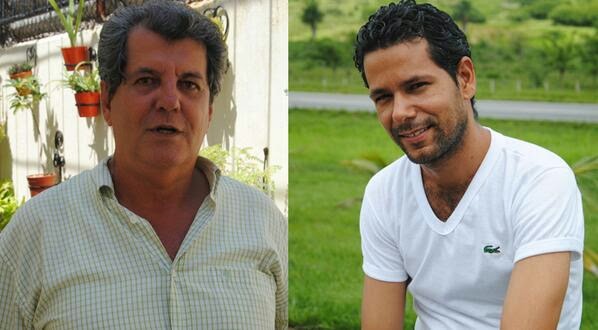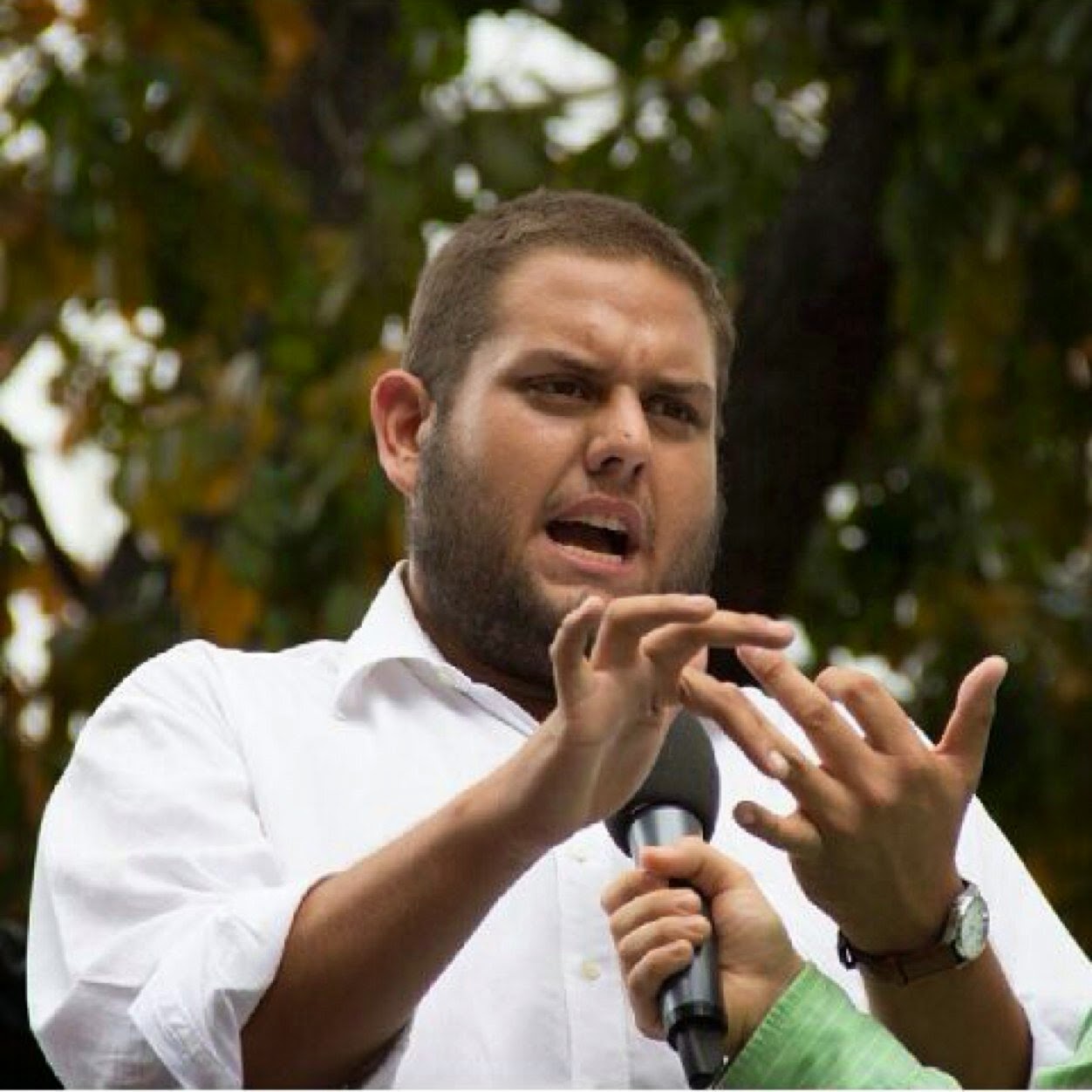"Whoever destroys a single life is as guilty as though he had destroyed the entire world; and whoever rescues a single life earns as much merit as though he had rescued the entire world." -The Talmud Mishna Sanhedrin 37a
Imagine for a moment that you go out to dinner, have a little white wine, head on to the theater then join a couple of friends in the theater's cafe for a couple of beers. You take off around 11:30pm because you are not into the music being played at the place and you say goodbye to your friends.
You are never heard from again.
Four days later your two friends go to the police to declare you missing. Three days later they are called to the morgue to identify your body and a day and a half later your family is finally contacted. You have been shot to death by an AK-47 wielding soldier of the Cuban government for walking on the wrong side of the street in Havana.
Sound unlikely? This is the official version given by the Cuban government in 1997 to explain the shooting death of Joachim Løvschall, a Danish student studying Spanish at the University of Havana who was killed on March 29, 1997.
On the 10th anniversary of Joachim's killing his father addressed a parallel forum at the UN Human Rights Council in Geneva, Switzerland and raised the following questions:
 |
| Joachim Løvschall |
You are never heard from again.
Four days later your two friends go to the police to declare you missing. Three days later they are called to the morgue to identify your body and a day and a half later your family is finally contacted. You have been shot to death by an AK-47 wielding soldier of the Cuban government for walking on the wrong side of the street in Havana.
Sound unlikely? This is the official version given by the Cuban government in 1997 to explain the shooting death of Joachim Løvschall, a Danish student studying Spanish at the University of Havana who was killed on March 29, 1997.
On the 10th anniversary of Joachim's killing his father addressed a parallel forum at the UN Human Rights Council in Geneva, Switzerland and raised the following questions:
We do feel we were (and still are) left with no answers except to maybe one of the following questions: Where, When, Who, Why. Starting out with the where we were told that Joachim was killed by the soldiers outside the Ministry of Interior.Seventeen years have passed and his family and friends still mourn his loss. The questions remain unanswered and the person or persons responsible remain at large. Unfortunately, others have also died in Cuba or gone missing under suspicious circumstances over the past 17 years.
What we do not understand is why no fence or signs did inform that this is a restricted area? I have been on the spot myself, and the place appears exactly like a normal residential area. So you may question whether this in fact was the place of the killing? Contrary to this the authorities keep maintaining that the area was properly sealed off, and the relevant sign posts were in place.As to when Joachim was killed we only have the information received from the police because of the delay informing one might believe that this is another forgery made up to cover the truth.The who was in our opinion has never been answered by the Cuban authorities. We understand that a private soldier on duty was made responsible for the killing, and also it has been rumored that his officer in charge has been kept responsible. This is of course the easy way out, but why can't we get to know the whole and true story?Finally the why? Why would somebody kill a fine young man who was serious about his studies and without absolutely and criminal record whatsoever?Why is it that you are left with the terrible feeling that the truth has never been told, and why is it that the authorities are backing out and covering up?Why did the soldiers have to fire two shots, one to his body and one to his head, to murder him? Was Joachim violent and did he, an unarmed individual, attack the armed soldiers? Or is it simply that the instruction to Cuban soldiers are: first you shoot and then you ask? But again: Who can explain why two shots were needed?





































